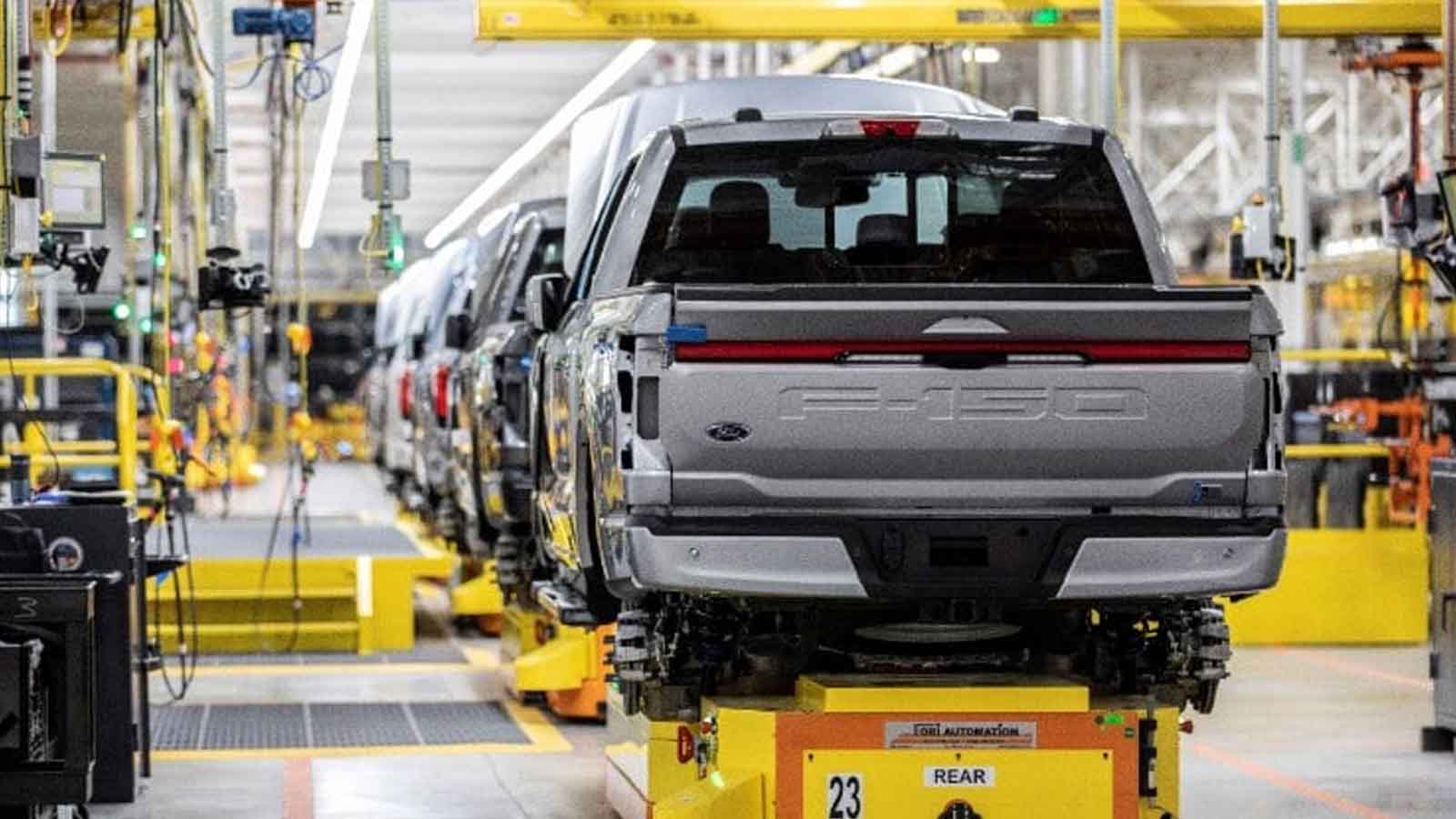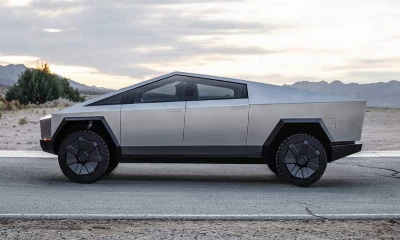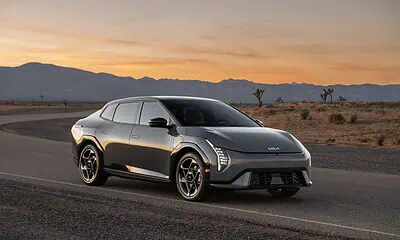Cars
Ford’s new tech could turn cars into speeding snitches
Ford has filed a patent application for a system that would equip its vehicles with sensors and cameras to detect and report speeding vehicles to the authorities, raising concerns about privacy and surveillance.

Just a heads up, if you buy something through our links, we may get a small share of the sale. It’s one of the ways we keep the lights on here. Click here for more.
Imagine a world where your car is the cop, constantly scanning the road for speeders and reporting them to the authorities. That’s the future Ford might have in mind, according to a patent application published last month.
The system, titled “Systems and Methods for Detecting Speeding Violations,” would equip Ford vehicles with sensors and cameras to detect and report speeding vehicles to the police.
Here’s how it would work: onboard sensors would monitor the speed of surrounding vehicles. If the system detected a speeder, cameras would snap photos, capturing the offending vehicle’s license plate, make, and model.
The system would then send the incriminating images, along with the vehicle’s GPS location and speed, to the authorities. It would be up to the police to decide whether to pursue the alleged speeder.

Ford’s patent application doesn’t specify whether the company plans to use this system in consumer vehicles or limit it to police fleets. But even if it’s only used in cop cars, the implications are unsettling.
We’re already living in a surveillance state, with security cameras and license plate readers monitoring our moves. Do we really need our cars tattling on each other, too?
The rise of automotive surveillance technology has privacy advocates sounding the alarm. Modern cars are basically data-collecting machines, transmitting our location data, driving habits, and even biometric information back to manufacturers.
it’s not just manufacturers we need to worry about – police can tap into this data as well, not to mention all the companies that the manufacturers sell the data to when they’re done with it.

Ford’s speed-snitching system raises a host of questions. Would it be effective at catching speeders, or would it just lead to false accusations and driver harassment?
How would the data be secured to prevent misuse or hacking? And what about the privacy implications of having our cars constantly monitor and report on those around us?
Ford’s patent application is just the latest example of how the automotive and tech industries are pushing the boundaries of surveillance in the name of safety.
As we hurtle towards a future of connected and autonomous vehicles, we need to have serious conversations about where to draw the line on automotive surveillance.
Because once we cede our privacy to the promise of safety, it’s hard to get it back.
So, Ford, we have to ask: is a world where our cars are the cops really the future we want? Or is it just a recipe for a surveillance nightmare on wheels?
Editors’ Recommendations:
- Ford is phasing out AM radio for internet streaming in 2024
- Ford wants to skip dealerships and only sell EVs online
- A $4 sticker sold on Amazon is disabling some car engines
- New Tesla update promises a human-like driving experience
































